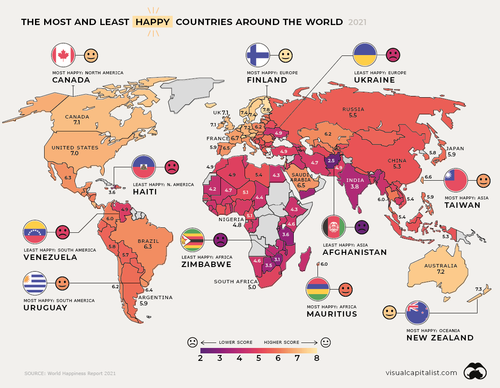Mark Perry has updated and discusses an important graphic. Follow the link to get further insights but I want to focus specifically on the prices for college textbooks below. It is the only one in which the trend has changed. Why?
There are more open source materials available, but I doubt they are widely used. I conjecture that this is due to reduced piracy. It is so easy to scan and post online a PDF version of a textbook that publishers had expected a >50% drop in sales in each successive year of a new edition. (This had also caused a reduction in the time between editions.)
However, a few years ago, textbook publishers adopted a new strategy of pushing online textbooks that came bundled with lots of other online material (my favorite textbook included). Among the online material were assignments, quizzes, and test materials whose scores can be embedded directly into an instructor's Learning Management System (LMS) like Canvas or Blackboard. This meant students needed to subscribe to the online material to complete these assignments needed for their courses. I suspect this caused the amount of piracy to plummet and this negated both the constant need for publishers to stamp out piracy and the rationale for constant price increases. These are testable implications with the right data.
Are market innovations at work with other pirated information goods? Subscribers to music streaming platforms like Spotify and Pandora that bundle huge libraries of songs have little need to search for a pirated song. In this case, each service has access to practically the entirety of recorded music. Video is different. Much of the content on Netflix is not available on Apple+ or Peacock. Each service is a bundle of non-overlapping content. Unless one subscribes to them all, there is still an incentive to pirate a highly-desired, but unavailable, movie.

